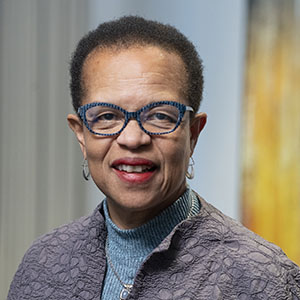Executive Summary
Youth unemployment is one of those issues that can seem intractable for nonprofits and their government and philanthropic partners. The percentage of unemployed 16 to 24 year olds has continued to ratchet up despite their best efforts. In 2010, during the Great Recession, the youth unemployment rate hit 18.4 percent, its highest level since World War II.
Related Content
- Download a PDF of the full article »
- Video Interview with Josh Beckenstein, New Profit Inc.; Bain Capital, LLC: Josh Bekenstein applauds Year Up, which trains urban youth for professional careers. Watch the video »
- Latest Research: Putting Clients at the Center: A Planning Guide for Multi-Service Organizations
Government and philanthropy spend $7 billion a year on programs and initiatives related to youth employment, most of it focused on education and job training programs run by nonprofits. Yet without engaging employers in shaping these programs—something that’s not happening often enough—real progress in reducing youth unemployment isn’t likely to happen.
To learn more about promising efforts to achieve employer engagement, we recently conducted interviews with nonprofit organizations, foundations, and some major employers. These organizations were focused on three key questions:
- Who are the employers most likely to hire young people in my region?
- How do I best present them with the business case for hiring young people?
- How do I tailor skills training to what employers really need?
Goodwill, Genesys Works, MY TURN, and the National Fund for Workforce Solutions are among a group of organizations that are leading the way in involving employers in developing youth employment programs. They seek to identify and work with employers most likely to have jobs for young people and provide a set of training, coaching, and follow-up services to meet their needs.
But with millions of unemployed youth, there will never be enough slots in high-quality programs to meet the need. Other opportunities for changing the system should also be explored—especially helping young people without much work experience learn to present themselves to potential employers. This is all the more important today because recruiting practices, especially for entry-level jobs, have changed dramatically.
Though the ongoing employment crisis facing millions of young Americans defies an easy fix, the organizations we interviewed provide examples of how nonprofits, foundations, and governments can work more effectively with employers to connect young people with meaningful work.
Willa Seldon is a partner in The Bridgespan Group’s San Francisco Office. John Irons is managing partner, Sustainable Livelihoods Practice, for the Rockefeller Foundation.



